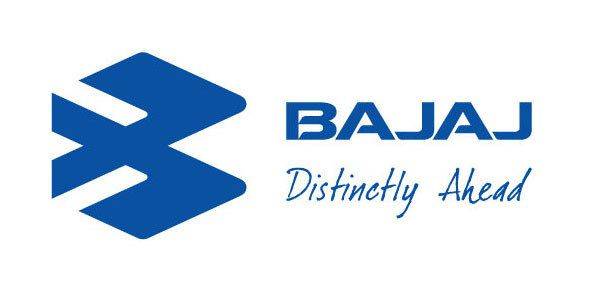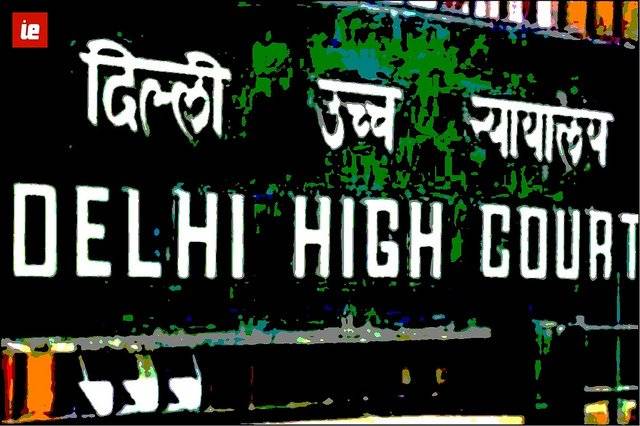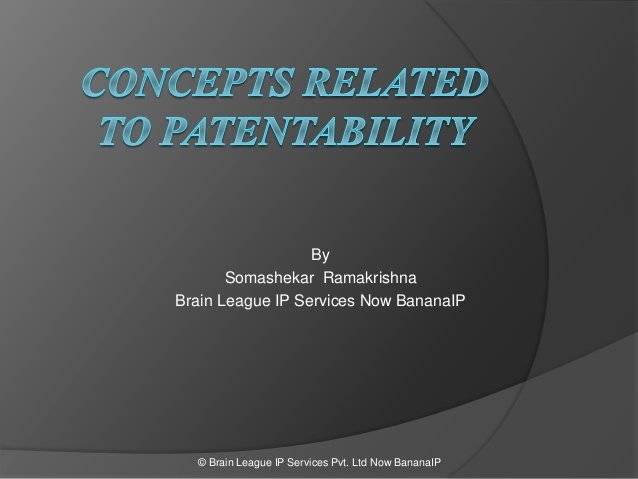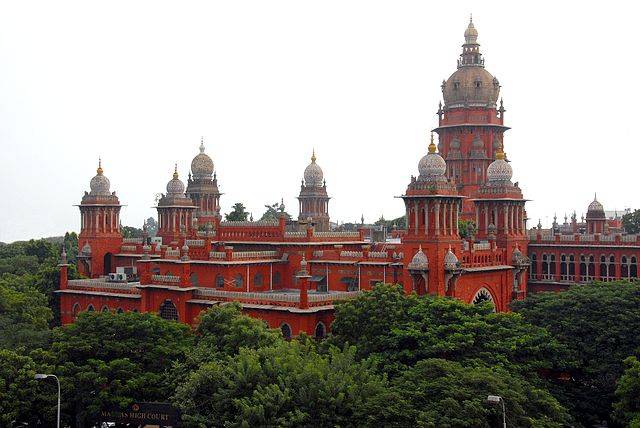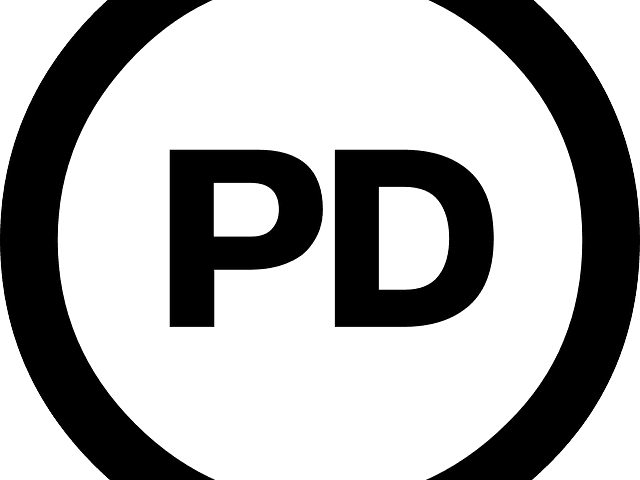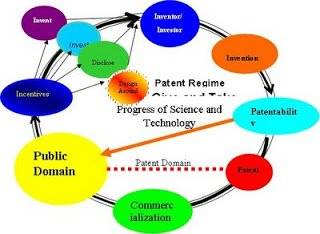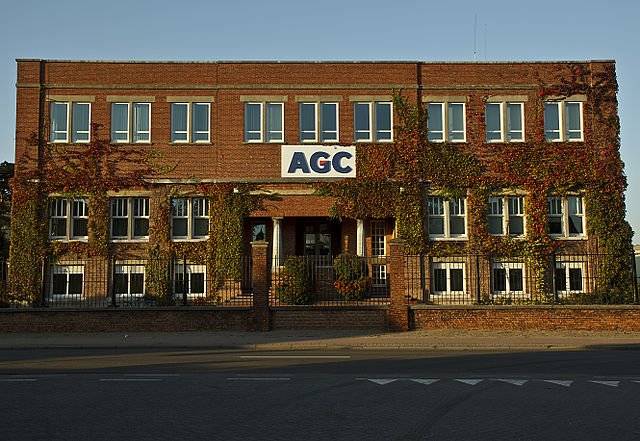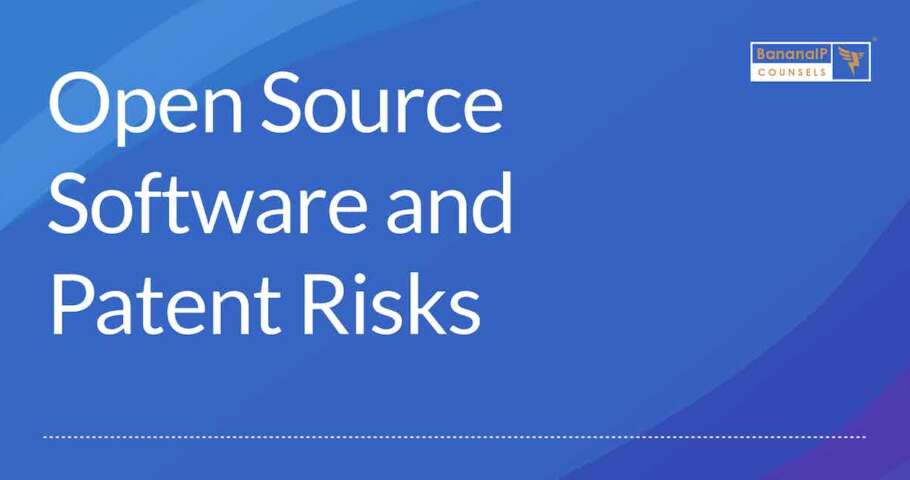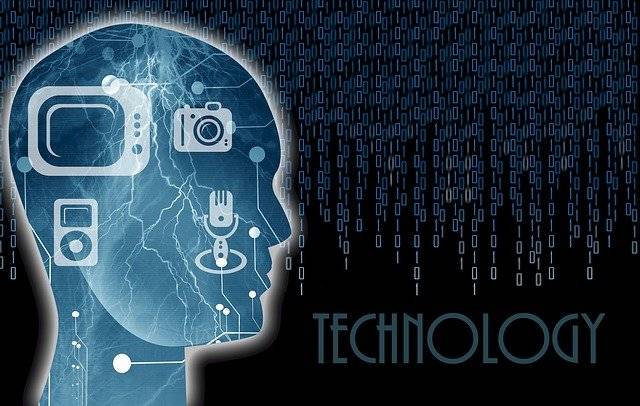First Publication Date: 14th December 2009
The litigation between Bajaj and TVS, which was very widely reported in the news showed the value of patents for gaining business advantage. The case briefs with respect to the litigation between the parties have been provided hereunder for the reader’s benefit. The cases relate to grant of injunction by the Court.
Bajaj Auto Vs. TVS Motor Company
Bajaj Auto Ltd. ("Bajaj") acquired a patent with regard to an invention relating to…
